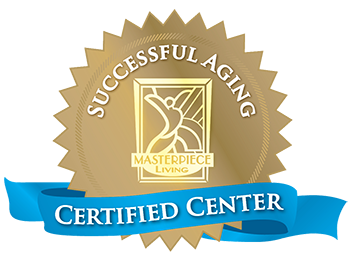When you think of the word “flexibility,” does it conjure images of lithe gymnasts or contorting yogis? Being physically flexible is important, but that’s not the only kind of flexibility that matters; it’s also crucial to be able to adapt and show flexibility in thoughts and actions.
Flexibility allows for greater ease in life, helping us adapt to challenges without falling to pieces. This kind of flexibility contributes greatly to overall happiness and wellness. After all, the only constant in life is change; if we are stiff and rigid in the face of change, how can we be truly happy? On the flipside, inflexibility prevents self-growth and lifelong learning – both of which can bring a variety of benefits to our lives.
In studies of coronary bypass patients whose lives are at risk unless they adopt healthier lifestyles, only one in nine will change their habits (Ref. Human Growth Capital, LLC). This is one example of why being flexible and accepting change is so important – sometimes our quality of life depends on it.
It is easy to become hardwired to resist change. We are comfortable with what is familiar, even if that’s not helpful or healthful. How we think also becomes habitual. Our brains are full of neural pathways etched early in our lives. These pathways are thoughts that create reactions, and we may sometimes react without thinking first. These reactions can be helpful in an emergency, but they can also be problematic – such as when someone’s actions trigger us to react negatively without a good reason.
It takes conscious effort to become more flexible: Creating new ways of thinking and acting require new neuropathways. You may be asking yourself, Is change worth all the trouble? To respond, I’m reminded of the Einstein quote, “The definition of insanity is doing the same thing over and over and expecting different results.” Why stick with what doesn’t work?
By Penny Vittoria, Successful Aging Coach




